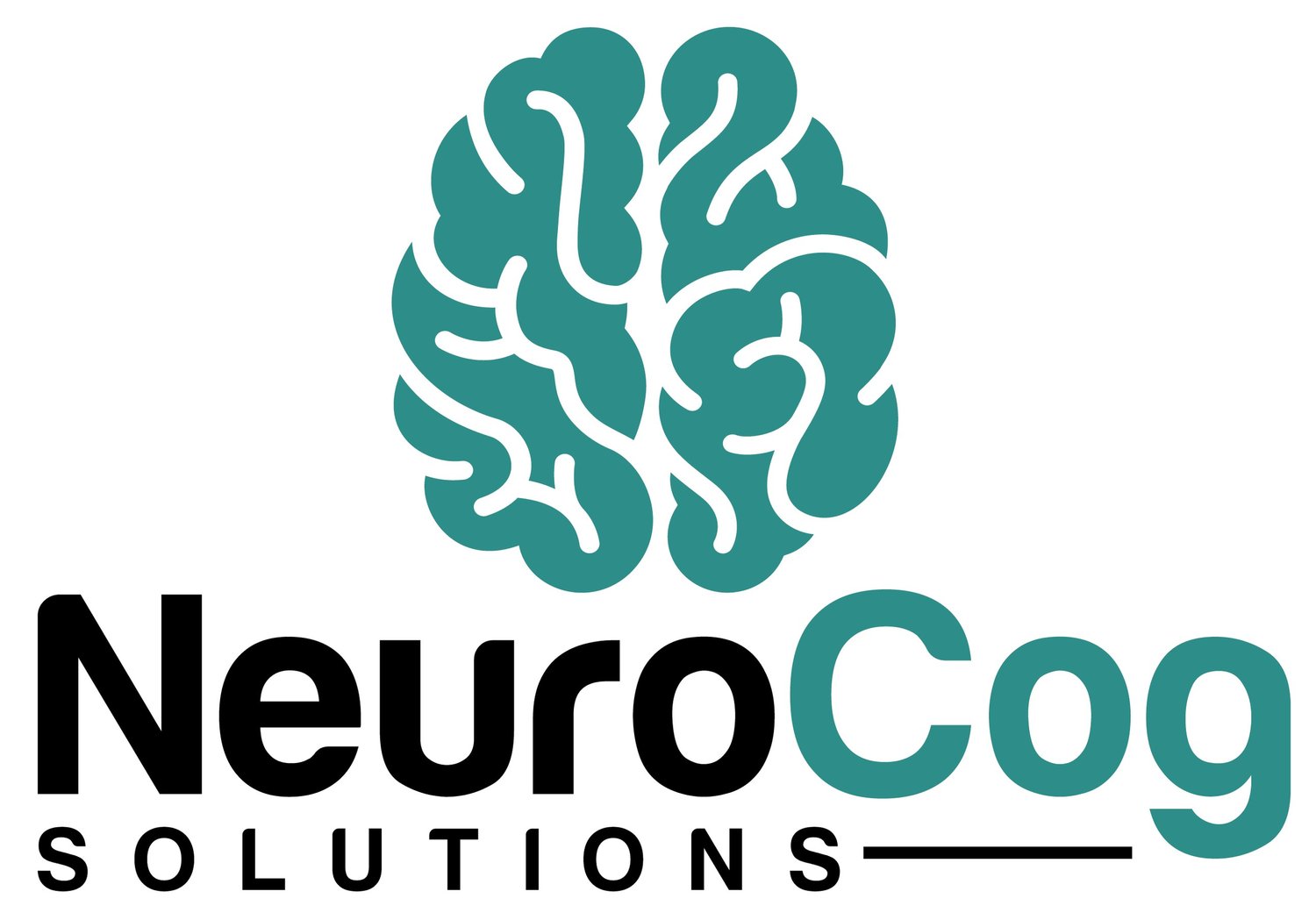Caregiving Support: What about me?
There are so many types of caregivers: spouses who have loved each other since childhood, spouses who have had years of conflict in their marriage, adult children of loving parents who are raising their own children and trying to hold down a job, adult children who have been in conflict with their parent for as long as they can remember, partners who are sick themselves and still responsible for the the care of their loved one, and everything in between. The one thing I believe they all have in common, is that at some point in the caregiving journey every caregiver has the thought “What about me?” Some might whisper this silently in the night as they put their loved one back to bed for the third time, some might say this with gritted teeth when their loved one repeats the same question for the 48th time in 10 minutes. Caregivers continue on with this role whether due to love, or a sense of duty, or because of financial hardship.
There are no words that change the situation, but some perspective can be helpful. The most important thing to understand is that there is a difference between “needs” and “wants,” and that the caregiver’s needs are just as important as the care receiver’s needs. Your need for proper nutrition, a good night sleep, keeping doctor appointments, time to relax, are just as important as your loved one’s needs. So often the caregiver puts the patient’s needs above their own. The patient’s doctor appointments are always kept, and the caregiver cancels their appointment to have that growth on their cheek assessed for the third time in 4 months. And, as the patient’s dementia or physical illness progresses, the weight of the caregiving responsibilities increase. At some point, no one person can do it all themselves. If you don’t find a way to take a break, your body will take the break for you.
Ask for help.
Caring for a parent? So often all the care will fall on one of the children. If you have brothers or sisters, ask for help, be specific:
I have to schedule a doctor appointment, I need someone to stay with dad.
I need a break, let me know when you are available and I’ll work around your schedule.
Mom needs to go to the podiatrist, will you be able to take her?
I can’t do this all on my own anymore, let's sit down and talk about how we can make this work.
You might ask for help, and they might say “no,” then you know you need to move on to “Plan B.”
Caring for a spouse/partner? Do you have adult children? So often the well spouse will try to shield the children from just how bad things have gotten. Your children need to know. People are busy with their lives, if they don’t realize there is a problem, they don’t schedule time to address it. It is an important life task to learn how to care for others, to take responsibility and be present for the people that we love when they need help. We rob our adult children of the opportunity to rise to the challenge of sharing the caregiving burden when we don’t tell them we need help. Sharing this burden is their way of returning the love that they received from you, it’s their chance to develop a greater sense of responsibility and self-respect, to not regret what they could have done, and it is a way for them to begin to say goodbye.
What if the answer is “NO”? Or, Plan B
Sometimes the people we love disappoint us. They have reasons, valid or not, for not sharing in the care, even when asked. In the absence of assistance from family members, there are a variety of community resource options, which have been addressed in other blogs, everything from Emergency Contact devices, to Adult Day Care; hiring private caregivers; Assisted Living Facilities and Skilled Nursing Facilities. Take advantage of every avenue for help.
Additional Resources
There are a variety of reliable organizations out there that can provide assistance with information, support, and/or modest grants. Even if you do receive help from family and friends, you are encouraged to reach out and see what other assistance you might be eligible for. If Medicaid is in your future, keep in mind that it can take 4-6 months for an application to be processed, the VA application takes even longer. Maybe you are eligible for Meals on Wheels, or another program that you can access through the Department on Aging.
The Alzheimer’s Association: https://www.alz.org/
In addition to information, there is a one time $1,000 caregiver grant application
The Department on Aging: https://www.nj.gov/humanservices/doas/
To find your county Office on Aging, click here: https://www.nj.gov/humanservices/doas/assistance/county-offices/index.shtml
The Department of Human Services (Medicaid) https://www.nj.gov/humanservices/dmahs/clients/medicaid/
Veterans Affairs: https://www.va.gov/
The Association for Frontotemporal Degeneration (AFTD) https://www.theaftd.org/living-with-ftd/resources/
Includes information on the Comstock Grant to assist caregivers
The staff members at NeuroCog Solutions are here to assist in a variety of ways, from neuropsychological testing, speech and language therapy, skills training, as well as counseling and caregiver support. We welcome your calls to see how we can help you navigate through this difficult time.
